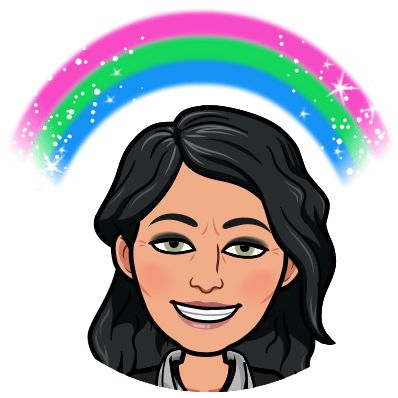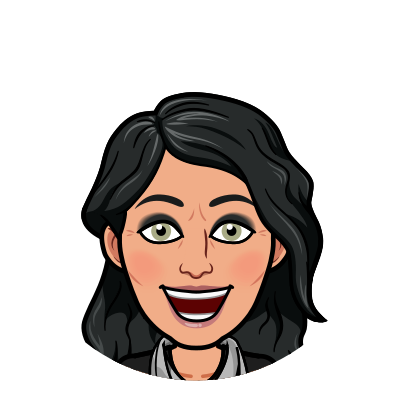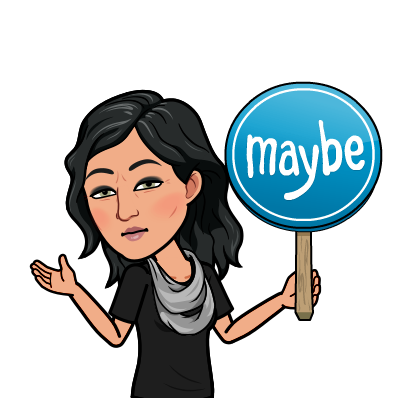Why are bad habits so hard to break?
First, let’s clarify that a bad habit is a negative behaviour pattern–perhaps one that causes bodily harm. So if your daily glass of wine is not causing you harm then it can stay (yay!)? However, if you drink a whole bottle, text old boyfriends/girlfriends or pass out on the sofa, that may be a different story.
Without being too hard on ourselves, I’m sure we can think of at least one bad habit. Mine…I stress eat. When I get stressed, I feel hungry, crave sweets (I don’t even like sweets) and I’m always looking forward to my next meal.
But why?
The creators of ASAP Science YouTube channel look at bad habits from the scientific perspective. They explain why we feel the need to repeat behaviours even when they hurt us. Let this scientific explanation take the guilt out of your bad habits and give you something interesting to talk about with your students.
Pre discussion
- Mind Map a list of bad habits.
- What are your bad habits?
The Video: How to Break Your Bad Habit
- What are some of the bad habits mentioned in the video?
- How much of our behaviour is done out of habit?
- Can you explain “chunking”? What does it do for us?
- Can you name the elements in the 3 step loop?
- How can you change a habit?
- Now think of your own bad habit…what do you think it provides for you? (e.g. a rest, socialization, a break from boredom, a break from stress, etc…)
Let me know how the discussions turn out. I love to hear from you.












